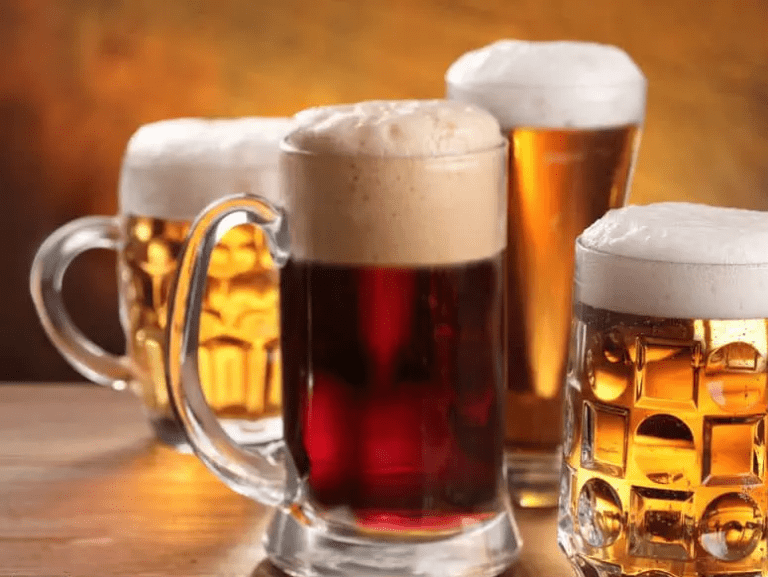
Gallup recently released its latest survey on American alcohol use and found that about 63 percent of Americans aged 18 and up say they drink alcohol. That number ticked up to 65 percent when asked to Americans of legal drinking age, from 21 years old and up. Thirty-six percent of those surveyed identified themselves as “total abstainers.” The number has stayed fairly near to 63 percent since Gallup began the survey in 1939. The percentage of drinkers increased with financial means, with 80 percent of those making over $100,000 saying they drink, whereas only 49 percent of those making less than $40,000 say they drink.
Weekly churchgoers made the smallest share of drinkers, with only 50 percent stating they drink compared to the average 63 percent. Church attendance also appeared to impact the number who drank, with 69 percent of non-adherents saying they drink. Sixty-three percent of those who attended church less frequently stated they drank as well. There were some minor differences between denominations, with 60 percent of Protestants saying they drank compared to 68 percent of Catholics.
The survey highlights the split among Christians’ understanding of the Bible’s stance on alcohol. Proverbs 20:1 states, “Wine is a mocker, strong drink is raging: and whosoever is deceived thereby is not wise.” The Bible is also very clear about the sinfulness of drunkenness, with Ephesians 5:18 saying, “And be not drunk with wine, wherein is excess; but be filled with the Spirit,” and Romans 13:13 saying, “Let us walk honestly, as in the day; not in rioting and drunkenness, not in chambering and wantonness, not in strife and envying.” Social drinking, however, such as the survey looks at, has a much broader range of views.
A 2017 Lifeway Research poll found that 41 percent of Protestants stated they drink while 59 percent said they did not. The survey found that 87 percent of respondents agreed that Scripture prohibits drunkenness. However, only 23 percent agreed with the statement, “Scripture indicates that people should never drink alcohol,” while 71 percent disagreed. Six percent were unsure. Fifty-five percent agreed that all beverages, including alcohol, can be consumed without sin. The number of Christians who believed Scripture indicates total abstaining from alcohol shrank six points from a 2007 Lifeway poll. Scott McConnell, executive director of Lifeway Research, stated the data indicates that even though few Christians believe the Bible completely prohibits alcohol, many still choose to abstain. “Churchgoers’ perspectives on alcohol are not changing very fast. The majority believe that biblically they can drink, but they choose not to,” he said. The popular “Got Questions” site for Christians summed up the issue in their survey of the Bible’s stance on alcohol, writing, “Alcohol, consumed in small quantities, is neither harmful nor addictive. In fact, some doctors advocate drinking small amounts of red wine for its health benefits, especially for the heart. Consumption of small quantities of alcohol is a matter of Christian freedom. Drunkenness and addiction are sins. However, due to the biblical concerns regarding alcohol and its effects, due to the easy temptation to consume alcohol in excess, and due to the possibility of causing offense and/or stumbling of others, it is often best for a Christian to abstain from drinking alcohol.”


